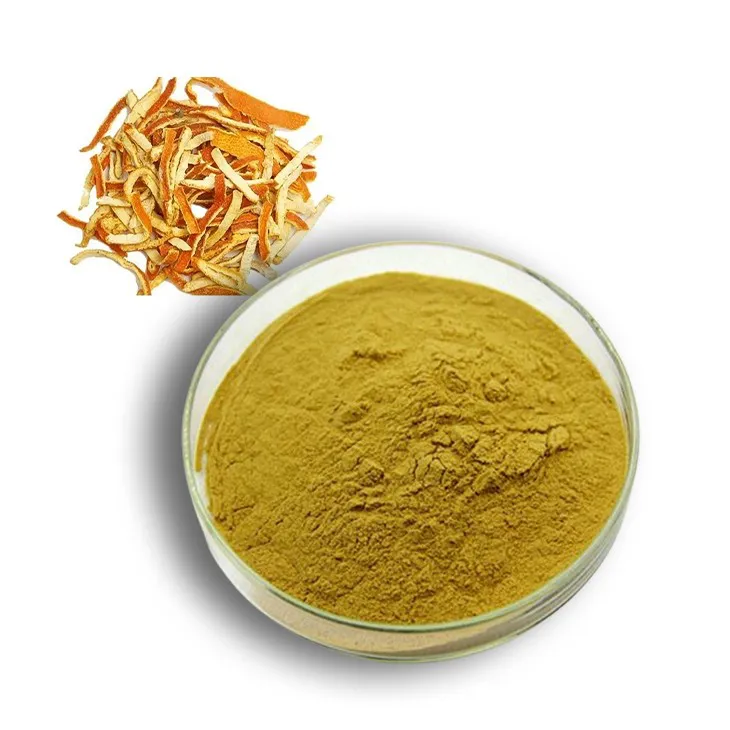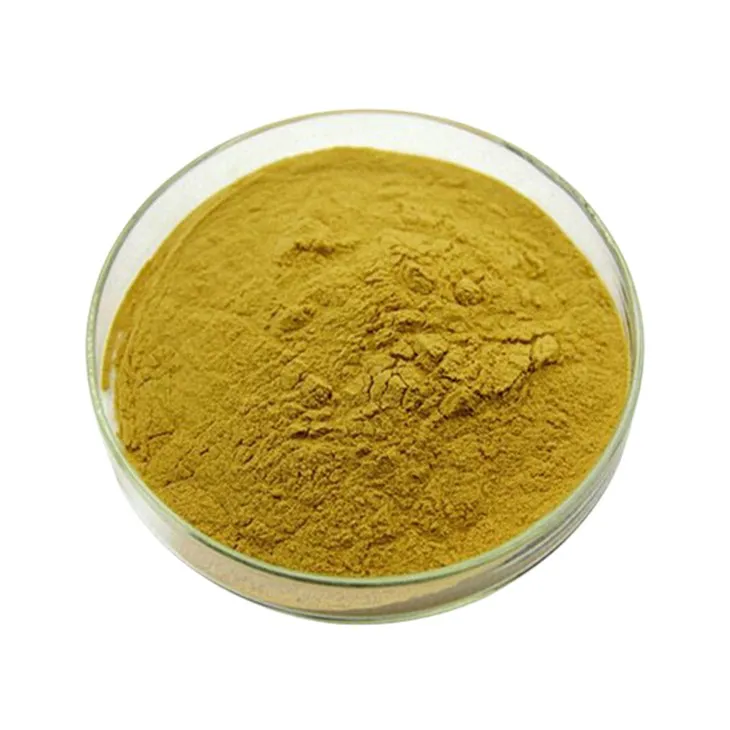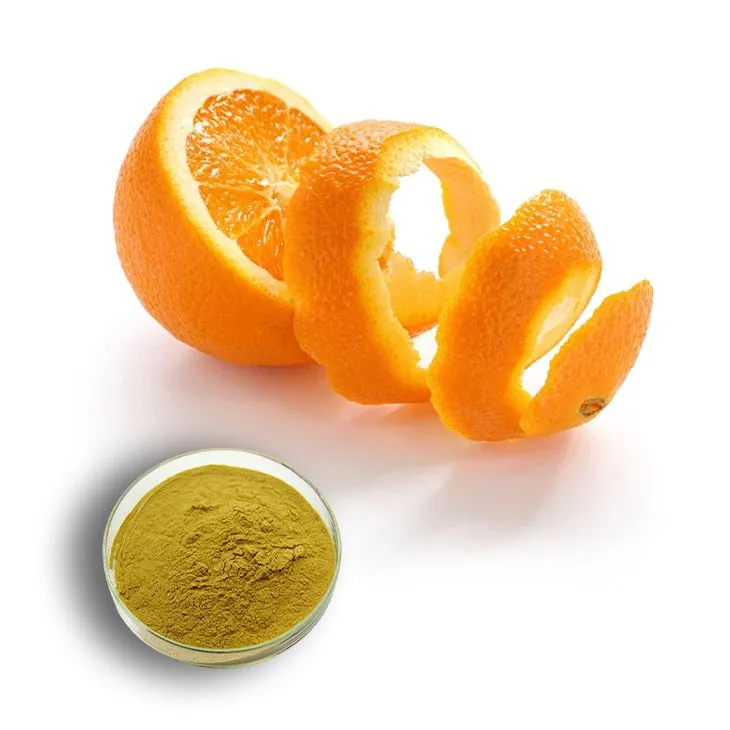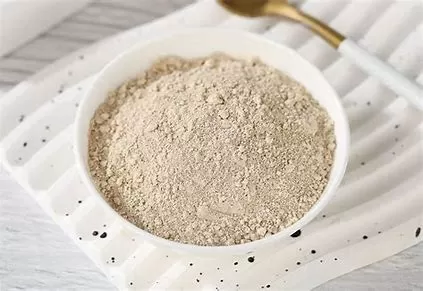- 0086-571-85302990
- sales@greenskybio.com
what is diosmin hesperidin daflon
2025-04-07

Diosmin, a naturally occurring flavonoid primarily found in citrus fruits, has gained attention for its potential therapeutic benefits, particularly in treating chronic venous insufficiency, hemorrhoids, and lymphatic disorders. As with any supplement or medication, it is crucial to understand not only its benefits but also its possible side effects. This article delves into the side effects associated with Diosmin, providing insights into its mechanism, usage, and how to mitigate adverse effects.
The Therapeutic Uses of Diosmin
Diosmin is often used for its vein-protecting properties, making it beneficial for individuals suffering from chronic venous insufficiency (CVI). CVI is characterized by impaired blood flow in the veins, usually those in the legs, which can lead to symptoms such as varicose veins, swelling, and discomfort. Diosmin's ability to improve venous tone and lymphatic drainage can alleviate these symptoms.
In addition to CVI, diosmin is used to manage acute and chronic hemorrhoids by reducing pain and inflammation. Its anti-inflammatory and vascular-protective properties enable it to be effective in reducing hemorrhoidal symptoms. Some studies also suggest diosmin’s potential in improving microcirculation and capillary health, contributing to overall vascular wellness.

Understanding the Mechanism and Dosage
Diosmin works by enhancing the tone of veins and protecting capillaries from inflammation and degenerative processes. It is believed to strengthen vein walls, reduce venous capacity, and improve lymphatic flow, thereby reducing edema and related discomfort. Diosmin is often found in combination with other flavonoids like Hesperidin, which may enhance its efficacy.
Typical diosmin dosages range between 500 to 1000 mg per day, depending on the condition being treated and the formulation used for therapy. As with any medication or supplement, it is essential to adhere to recommended dosages and consult a healthcare provider especially when initiating treatment or making alterations in therapy.

Exploring Diosmin’s Side Effects
Despite its therapeutic potential, diosmin can cause side effects, although they are generally mild and transient. Understanding these effects is key for users to manage them effectively and ensure safe use of the supplement.
1. Gastrointestinal Disturbances
One of the most common side effects of diosmin involves gastrointestinal issues such as nausea, diarrhea, or abdominal discomfort. These symptoms are often mild and temporary, typically resolving as the body adjusts to the supplement. To mitigate gastrointestinal side effects, it is recommended to take diosmin with food and ensure adequate hydration.
2. Nervous System Effects
Users may occasionally experience nervous system-related side effects. These can include headaches, dizziness, or fatigue. Again, these symptoms are generally mild and transient. If they persist or become severe, it is advisable to consult a healthcare provider for evaluation and adjustment of the regimen, if necessary.
3. Allergic Reactions
Although rare, some individuals may experience allergic reactions to diosmin, such as skin rashes, itching, or swelling. Such reactions necessitate discontinuation of the supplement and prompt medical attention to address symptoms and prevent complications.
4. Potential Interactions
Diosmin can potentially interact with other medications or supplements, affecting its efficacy or exacerbating some side effects. Specifically, individuals taking anticoagulants or blood thinners should exercise caution when using diosmin, as it might interact with these medications, altering their effects. It is crucial to consult with a healthcare professional before adding diosmin to a regimen that includes other therapeutic agents.
5. Long-Term Use Considerations
While short-term use of diosmin is generally considered safe for most individuals, the effects of long-term use have not been extensively studied. It is advisable for users who need prolonged therapy to undergo regular evaluation by healthcare providers to ensure that the benefits continue to outweigh any emerging risks.

Mitigating Side Effects While Maximizing Benefits
To optimize the therapeutic benefits of diosmin while minimizing side effects, consider the following strategies:
- Consult a Healthcare Provider: Prior to starting diosmin, consult with a healthcare professional to determine the appropriate dosage and duration of therapy based on individual health needs and potential drug interactions.
- Adhere to Recommended Dosages: Follow the prescribed dosage and avoid exceeding the recommended amount to minimize the risk of side effects.
- Monitor Symptoms: Be vigilant in observing any new symptoms or changes in health status while taking diosmin. Report persistent or severe side effects to a healthcare provider promptly for assessment and treatment adjustments.
- Diet and Lifestyle Adjustments: Maintaining a healthy diet and lifestyle can support the body in adapting to diosmin and prevent common side effects. Eating meals with diosmin, staying hydrated, and promoting healthy digestion can reduce gastrointestinal disturbances.

Conclusion
While diosmin offers promising benefits for individuals dealing with venous insufficiency, hemorrhoids, and other vascular disorders, awareness of its side effects is essential for safe and effective use. By understanding these effects and adopting precautionary measures, users can optimize their outcomes while minimizing discomfort. As always, consulting with healthcare providers helps ensure that diosmin is taken safely and effectively, reinforcing its role as a valuable component of vascular health management.
- ▶ Hesperidin
- ▶ citrus bioflavonoids
- ▶ plant extract
- ▶ lycopene
- ▶ Diosmin
- ▶ Grape seed extract
- ▶ Sea buckthorn Juice Powder
- ▶ Beetroot powder
- ▶ Hops Extract
- ▶ Artichoke Extract
- ▶ Reishi mushroom extract
- ▶ Astaxanthin
- ▶ Green Tea Extract
- ▶ Curcumin Extract
- ▶ Horse Chestnut Extract
- ▶ Other Problems
- ▶ Boswellia Serrata Extract
- ▶ Resveratrol Extract
- ▶ Marigold Extract
- ▶ Grape Leaf Extract
- ▶ blog3
- ▶ blog4
- ▶ blog5
-
what is the mechanism of action of diosmin
2025-04-07
-
what is micronized diosmin
2025-04-07
-
what are the contraindications for diosmin
2025-04-07
-
Uridine-5'-monophosphate Disodium salt
2025-04-07
-
Yohimbine Bark Extract
2025-04-07
-
Cranberry Extract
2025-04-07
-
Red Wine Extract
2025-04-07
-
Curcumin
2025-04-07
-
Acerola Juice Powder
2025-04-07
-
Shikone Extract
2025-04-07
-
Artichoke Extract
2025-04-07
-
Panax Ginseng Leaf Extract
2025-04-07
-
Milk Thistle Extract
2025-04-07





























